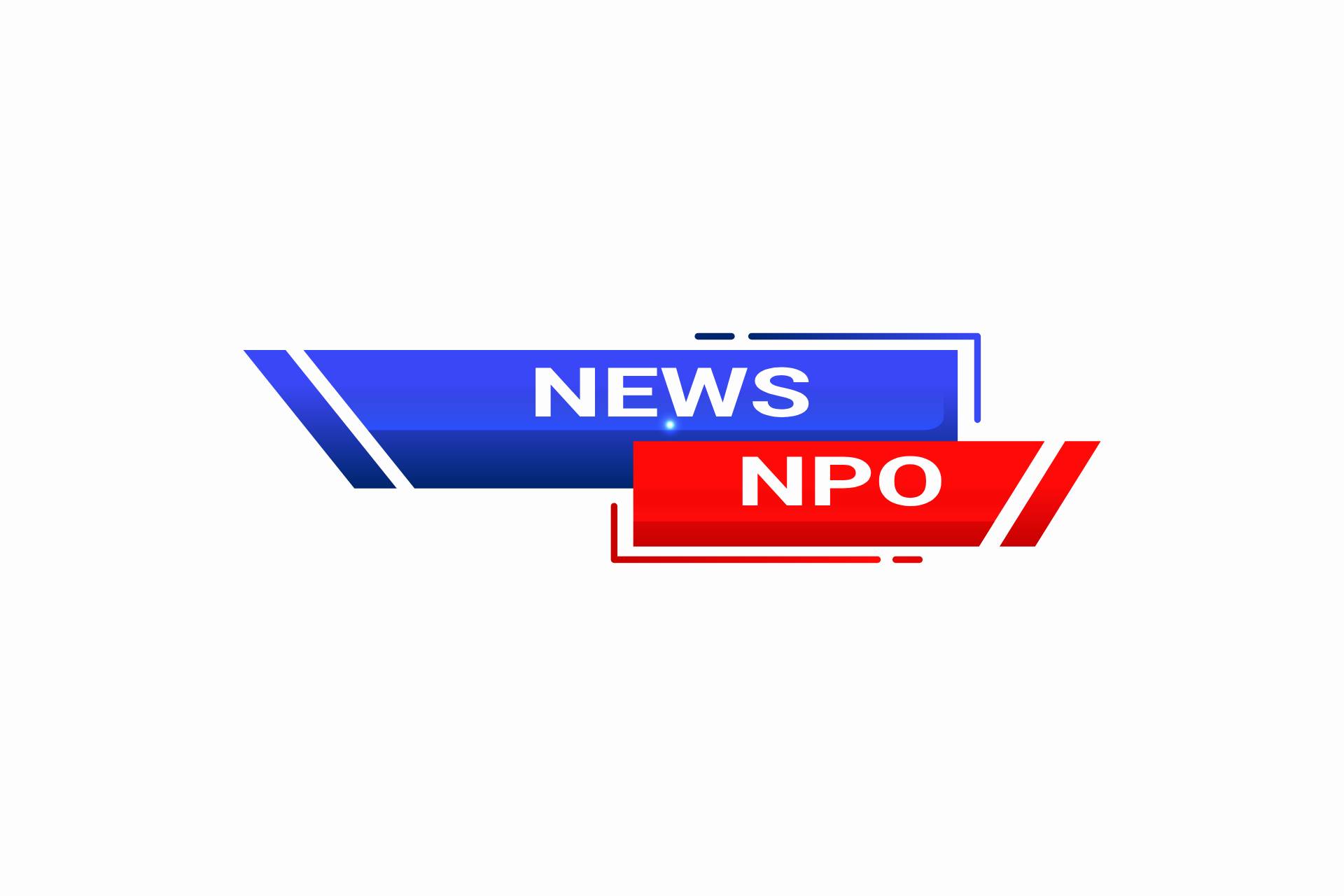My Time at First Nations
 I am a third-generation college student, and a descendant of the Acoma, Laguna, and Zuni pueblos. Recently, I finished my first year at the University of New Mexico (UNM). And it was a struggle. College presented a tall order of difficulties – from classes, housing, transportation, and the daunting cost of it all. The financial burden has been an effective dissuasion for many, and I had told myself for a long time that I couldn’t afford going to college. I would have continued to convince myself of that if not for a scholarship offer from UNM. Initially, I didn’t know what to think of that offer. I had to sit with it for a week before deciding to mail my response.
I am a third-generation college student, and a descendant of the Acoma, Laguna, and Zuni pueblos. Recently, I finished my first year at the University of New Mexico (UNM). And it was a struggle. College presented a tall order of difficulties – from classes, housing, transportation, and the daunting cost of it all. The financial burden has been an effective dissuasion for many, and I had told myself for a long time that I couldn’t afford going to college. I would have continued to convince myself of that if not for a scholarship offer from UNM. Initially, I didn’t know what to think of that offer. I had to sit with it for a week before deciding to mail my response.
My First Nations experience
Once I decided to go, I told my parents that I wanted to take on the financial burden alone. I was deciding to go to college and I didn’t want that to further stress the resources of my family. So, finding work was paramount. I tore through job postings in any free time I had. It was a ruthless search until a lone job posting determined my course: A modest flyer for a Native-led organization. With work spanning the country and a current project supporting a store out in Zuni, First Nations Development Institute made all the other options look boring. Soon I had an email and an interview scheduled.
After being brought on, I realized I had never worked in an office setting, so I didn’t know what to expect. I had always worked outside; I had always liked working outside. My father’s landscaping business in Missouri had institutionalized me to the hot, humid hours of the summer. But working in an office now was different from what used to be expected. The pandemic was waning, but its effects still stuck around. It was slow meeting everyone here at First Nations. Yet it was worthwhile as I saw more familiar faces with time.
They’ve taught me a lot. Being isolated in Missouri from Native cultures did a number on what I knew going into adulthood. But through small interactions with staff I have been able to learn the diverse values out here, even down to the basics of braiding my hair. I didn’t know how to do that until Pamela Matthews showed me, along with the procedures of gift giving and thanks.
From the roster of intelligent and compelling people at First Nations I have been able to learn of the challenges Native Nations face and what is being done. I’ve been able to see the clear symphony of work that harmonizes behind the background noise in many of the projects that First Nations handles: The different kinds of instruments that are fundamental to operations and the process to design them; the long, irritating rests that come with making any impactful change with grazing rights or land management; and also, the resources of First Nations and other Native American organizations that do their best to help the Native populace. I’ve now seen the time spent in just wanting to help Native people.
Many of rural Navajo Nation’s problems came to light when First Nations gave me the opportunity to go out there for a conservation planning session near Flagstaff, Arizona. The people I met on the Navajo Nation told me of how nothing seems to be done out there and of the pessimistic view that developed from the inefficient, ineffective, and sometimes false promises given to them. Yet they showed me an optimism that brought them to the session in the first place.
These opportunities, along with my research, are the start of obtaining a holistic and Indigenous perspective to the world. It’s been drilled into me the importance of both, from school and from work. So, I hope that through studies and First Nations I can develop to be a prime Indigenous asset. Something that must sprout from time.
I’m excited for that.
Matthew Concho
First Nations Intern
Source link





